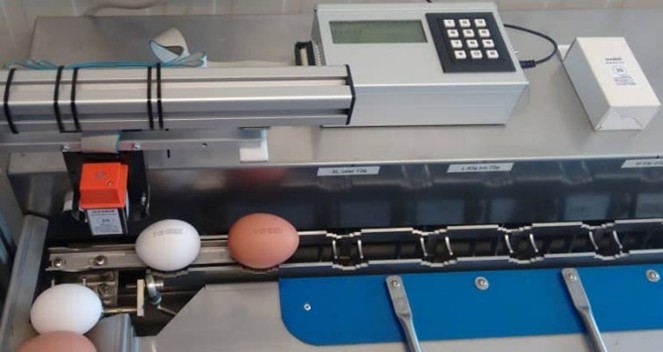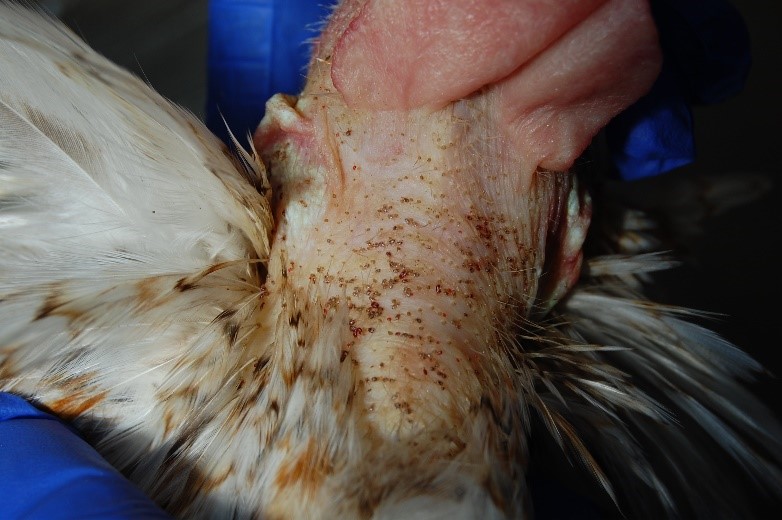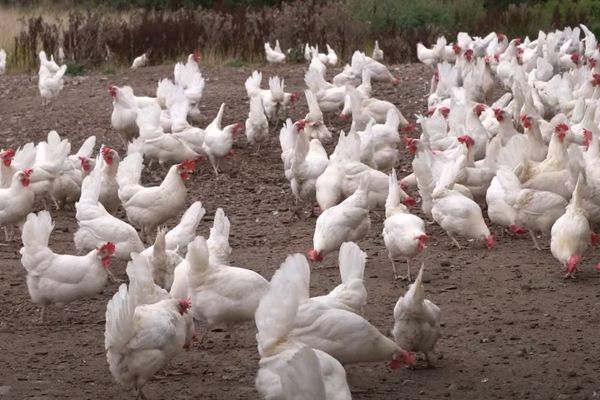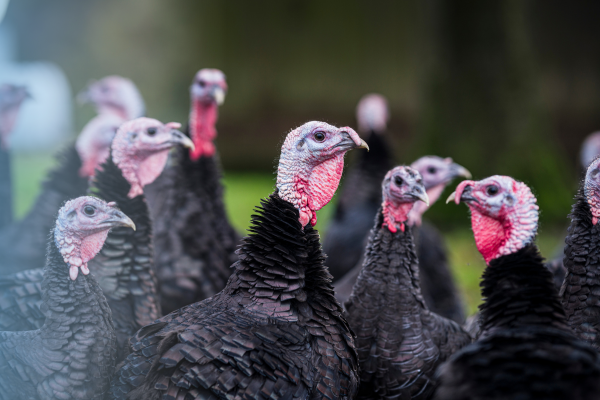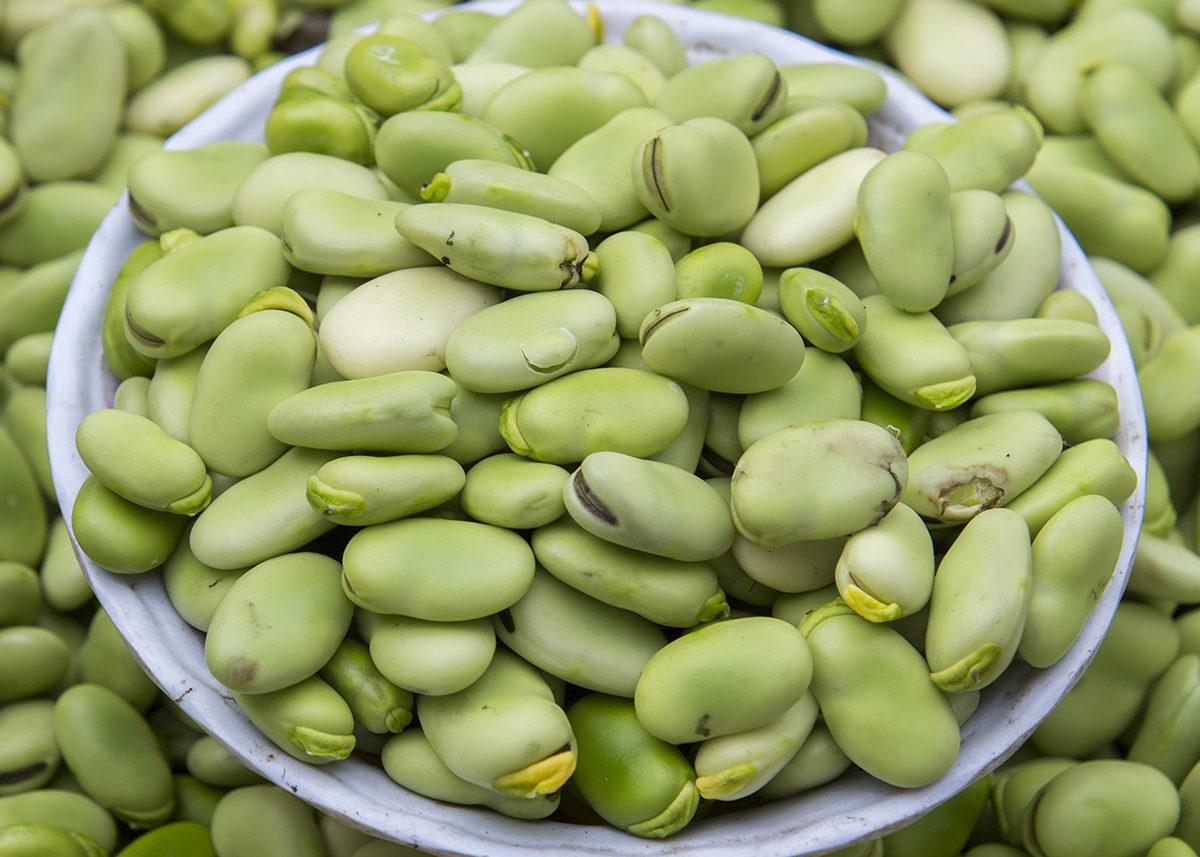Supporting Poultry Welfare During Housing Orders
21 November 2024Poultry are intelligent animals and need to be able to exhibit natural behaviours, otherwise they can express undesirable behaviours. During recent housing orders, in which the Government mandated that all poultry in particular regions be kept inside in an effort to reduce the spread of Avian Influenza, some keepers noticed increased incidence of undesirable behaviours such as feather pecking. Enrichments can help reduce stress in your poultry and encourage normal behaviour.
What causes undesirable behaviours?
Feather pecking is an abnormal behaviour where hens redirect the motivation to forage for food into pecking each other, which can lead to feather loss. This can then lead to injurious pecking (such as skin damage and bleeding wounds) which can result in cannibalism and sometimes death, if injured birds are not treated or culled.
Feather pecking can be caused by many factors, but is generally linked to a stressor, such as: inadequate housing, lack of suitable foraging material, high temperatures, poor quality litter, changes in environment (housing order forcing keepers to house birds that are used to being allowed to range), changes in feed/poor nutrition, uneven flock uniformity, poor animal health and external parasites such as red mite.
Therefore, it is vital to address the potential stressors above, particularly for birds that are used to being able to range previously. As a result of any housing orders, the lack of range access can reduce exhibition of natural behaviours and puts additional pressure on the shed environment, as the density of hens remains the same throughout the day (instead f reducing as some hens exit the range). Utilising appropriate enrichments can help reduce stress in your poultry, encourage normal behaviour such as foraging, and reduce abnormal feather pecking behaviour.
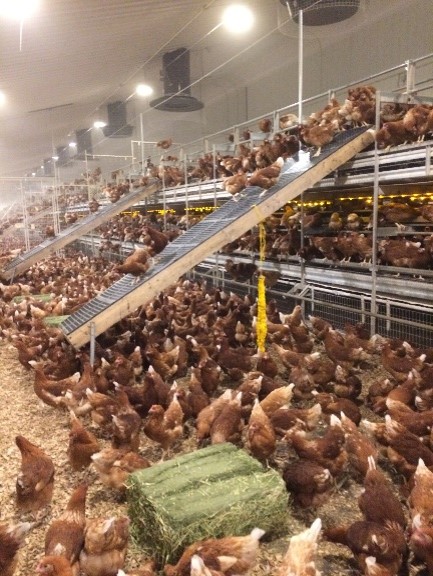
Enrichments
Enrichments are an important tool in a poultry keepers’ arsenal to control undesirable behaviours and allow the poultry to exhibit natural behaviours while housed. Destructible enrichments such as egg trays, lucerne bales or other fibre source, pecking blocks and jute rope are preferable as the bird gets feedback (as the enrichment is destructible) and depending on the material some can be eaten (i.e. are nutritional).
Providing options such as plastic bottles filled with coloured liquid, footballs, parking cones, CDs hanging from the ceiling and other non-destructible materials are not favoured as there is less positive feedback for birds and some may not be safe for them to consume.
Although a longer-term investment, consider the provision of covered open-air extensions (also know as verandas), as this will give birds access to fresh air and daylight, while reducing exposure to pathogens.
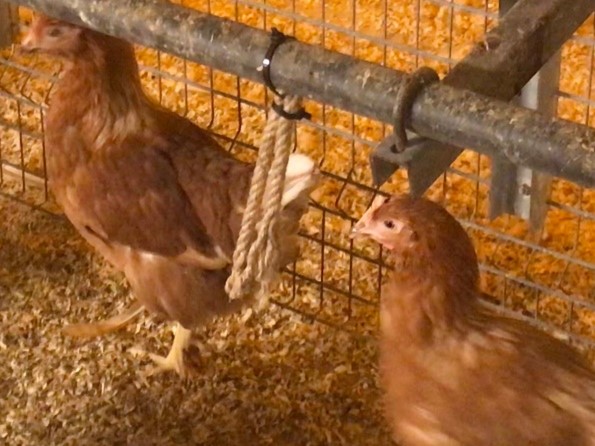
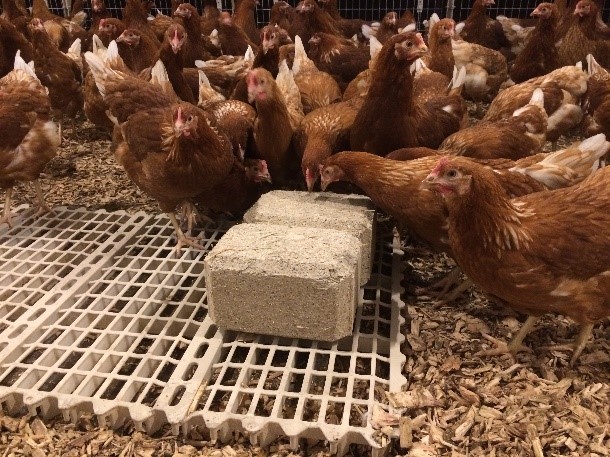
Top Tips
- Inspect your poultry regularly – monitor their behaviour and look for signs of undesirable behaviour such as feather pecking.
- Investigate potential causes for any undesirable behaviour: is the ventilation adequate, is the litter dry and loose, has the diet changed, have there been high temperatures in the housing etc.?
- Correct any potential causes of undesirable behaviour found in tip 2.
- Utilise enrichments as a preventative measure not just as a treatment for undesirable behaviour.
- Use destructible/edible enrichments where possible versus non-destructible/inedible enrichments.
James Orr, SAC Consulting
Further Information
Sign up to the FAS newsletter
Receive updates on news, events and publications from Scotland’s Farm Advisory Service

